Magazine
What Does Fast Food Really Do To Your Skin?

Fast food is good – but is it good for you? Fast food is supposed to be a time-efficient way of getting the nutrients our body needs. In reality, however, fast food is more about flavor and ambiance than nutrition. It appeals more to the mind – our short-term craving for a savory mouthful in a simplified, party-colored setting – than to the body and offers much less in the way of nutrition. But even less for your skin.
Here are a few mouthfuls on how fast food affects your skin (spoiler alert – it’s all bad).

Here are a few mouthfuls on how fast food affects your skin (spoiler alert – it’s all bad).
Fast Food For Thought
Fast foods leave us with a feeling of excessive fullness, but don’t satisfy us for long. In fact, they only increase our craving for more. In reality, then, those mouthwatering pies and fries are neither very time-efficient nor nutritious. Seemingly convenient, in many ways “fast” food wastes not only your money but also your time – and health. When it comes to your skin, fast food can cause anything from pimples and more severe acne, to irritation, redness, itchiness, excessive oiliness (which leads to dryness) and the list goes on and on. What kind of foods should you avoid? And, what does each type do to your skin?
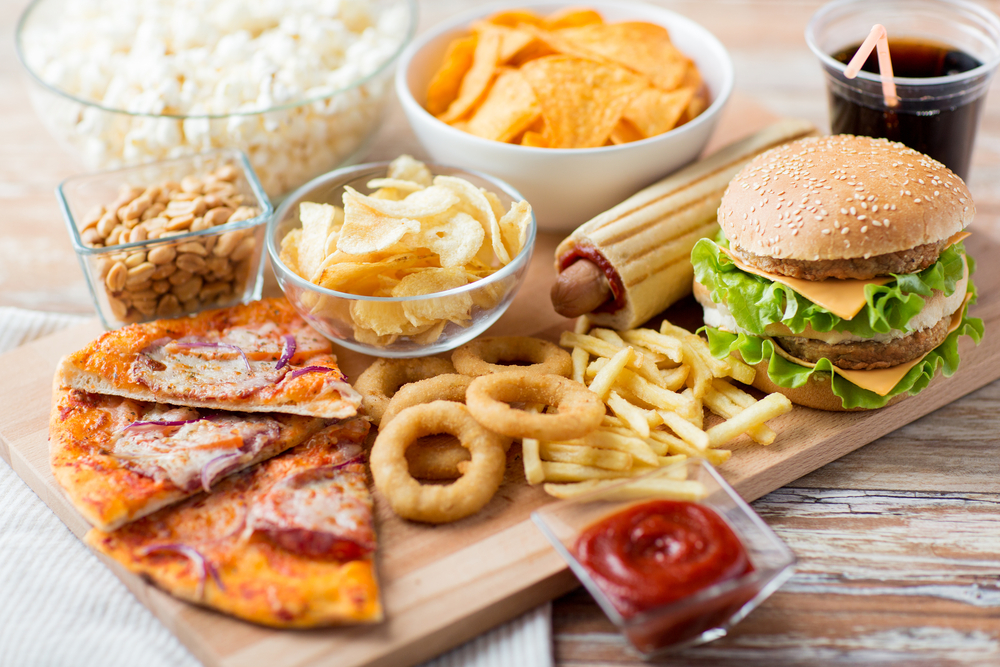
Fast foods leave us with a feeling of excessive fullness, but don’t satisfy us for long.
Irrational Sugar and Insolent Insulin
Chocolate and fat used to get all the blame for skin conditions like acne. But recent studies suggest that it is carbon and sodium that are the more likely culprits. The vast variety of fast and processed food contains high levels of carbon (sugar). Our body doesn’t need this sugar, but our minds crave sweet excitement. Carbons are one of the elements our body savors, but more and more researchers point out that this excess sugar causes sudden spikes in blood sugar levels. This in turn causes a sharp increase in insulin. High insulin levels make skin drier and flakier and increase levels of free androgens (in both males and females) causing the skin glands to pump out excess oil. Excess oil and flaking skin blocks pores and the skin can’t breathe or self-cleanse properly. These are perfect conditions for a variety of skin problems, like acne and eczema.

These are perfect conditions for a variety of skin problems, like acne and eczema.
Feeling So-Sodium Today
Though efforts have been made to raise awareness and create smarter, informed consumers, studies find that calorie, fat, and sodium levels in our fast food, and our blood, remain largely as high as before. Various sodium types are often added to food as flavoring and preservatives. Sodium is found naturally in some products, but the excess sodium of fast food creates sodium build-ups. This causes the body to retain too much water, making you feel swollen. Too much salt causes tissues to swell, making the body and face puffy. Combined with increased blood pressure – likewise caused by too much sodium – this creates unhealthy pressure on your skin. It has been proved that high doses of iodized salt result in more frequent acne breakouts.
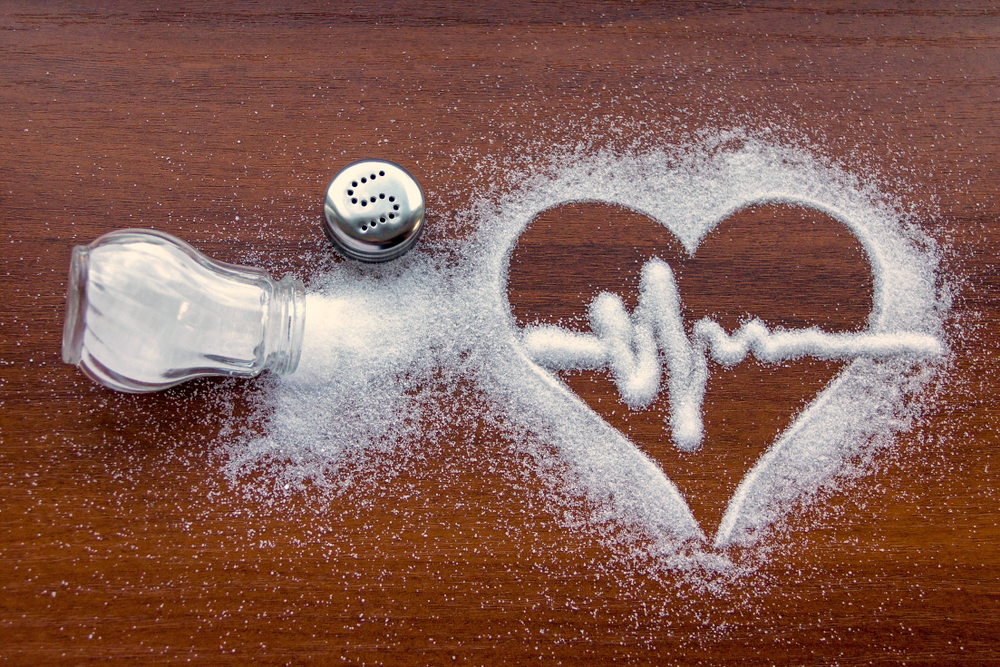
Various sodium types are often added to food as flavoring and preservatives.
Don’t Let Oil Prevail
Our skin needs the oil produced by the sebaceous glands to stay healthy, flexible, and moisturized. It forms a protective barrier against dirt from the outside and against the evaporation of too much water from the inside. Some scientists think it may also have an antimicrobial or antioxidant function. But as with most other things, too much of a good thing is bad for you. As mentioned earlier, increased sugar intake boosts your insulin levels. An increase in sodium makes this worse, when a build-up of salt absorbs the body’s water, dehydrating it, and causing the skin to produce more oil as compensation. Too much oil soon blocks up the pores, suffocates the surface of the skin, reduces hydration, and retains bacteria, dirt, and dead skin. As your skin suffocates under this landfill of layers of dirt on which bacteria thrive irritation becomes more frequent, causing eczema, pimples breakouts, patches of irritated skin.

As your skin suffocates under this landfill of layers of dirt on which bacteria thrive irritation becomes more frequent.
Truly Nutritious Food that is Good for the Skin
To retain healthy skin throughout your life, it is best to develop more health-oriented dietary habits. Reduce or avoid altogether sugar-rich, salty, fatty, white-flour fast and processed foods. Fresh fruit is preferable to too much juice (which also increases insulin). Wholemeal, unprocessed, and low-GI foods, like brown and basmati rice, grainy bread are good, truly nutritious alternatives to fast food. Salmon is among the most nutrient-dense, vitamin- and mineral-packed foods on the planet and contains fatty acids. All these are excellent for your skin and overall body health. Mix this up with other fatty fish, like mackerel, and a variety of green, leafy deals, like spinach, vegetables like tomatoes, fruit and berries, mangoes, pumpkin seeds, quinoa, and lentils. Nuts and honey are a great, supremely nutritious dessert. These are all low-glycemic foods rich in zinc and vitamins (A and E), antioxidants, and omega-3 fatty acids. Your skin loves it!
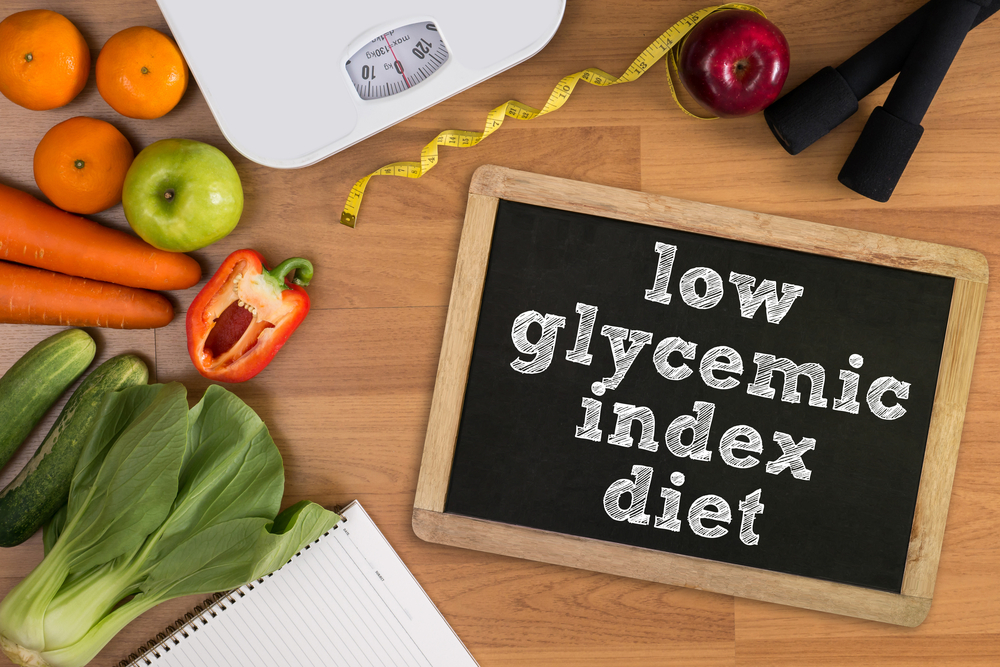
Wholemeal, unprocessed, and low-GI foods, are good, truly nutritious alternatives to fast food.
The Fast and the Processed
People are getting ever busier and eat out more and more frequently. Though efforts have been made to raise awareness and create smarter, informed consumers, studies find that calorie, fat, and sodium levels in our fast food – and our blood – remains largely as high as before. Fast food companies don’t really need a smart consumer. If you care about your skin, the best option is not to yield to a moment’s temptation, but take a little time to figure out a truly nutritious diet and a time-effective routine for procuring and consuming it. For even better results, pair this up with a nutrient-rich skin routine, looking for moisturizers and cleansers with a high concentrate of vitamins, natural oils, minerals, plant extracts, and fatty acids. Make food not about the mind trapped in a moment of craving, but about the body and true nutrition. Think skin!

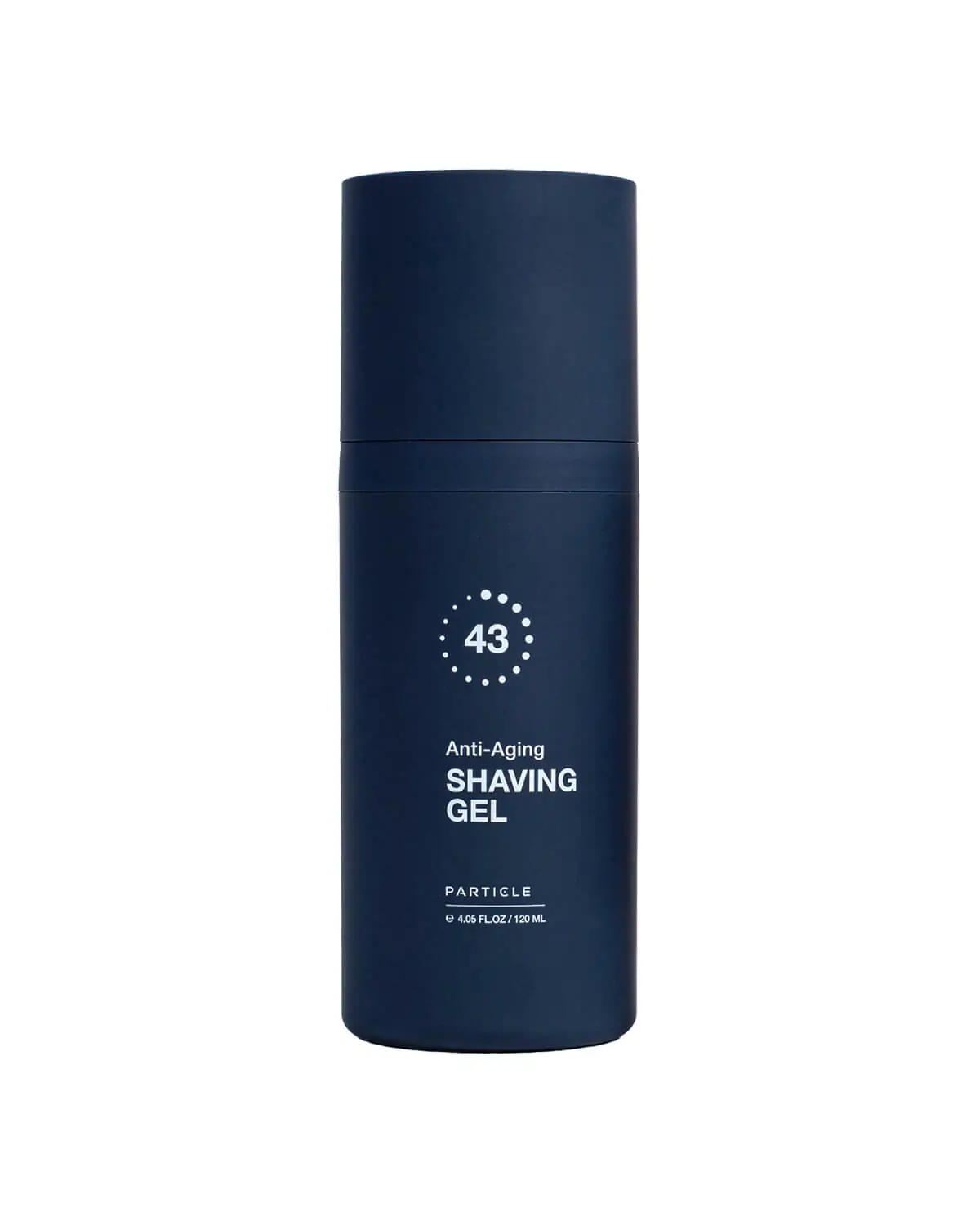
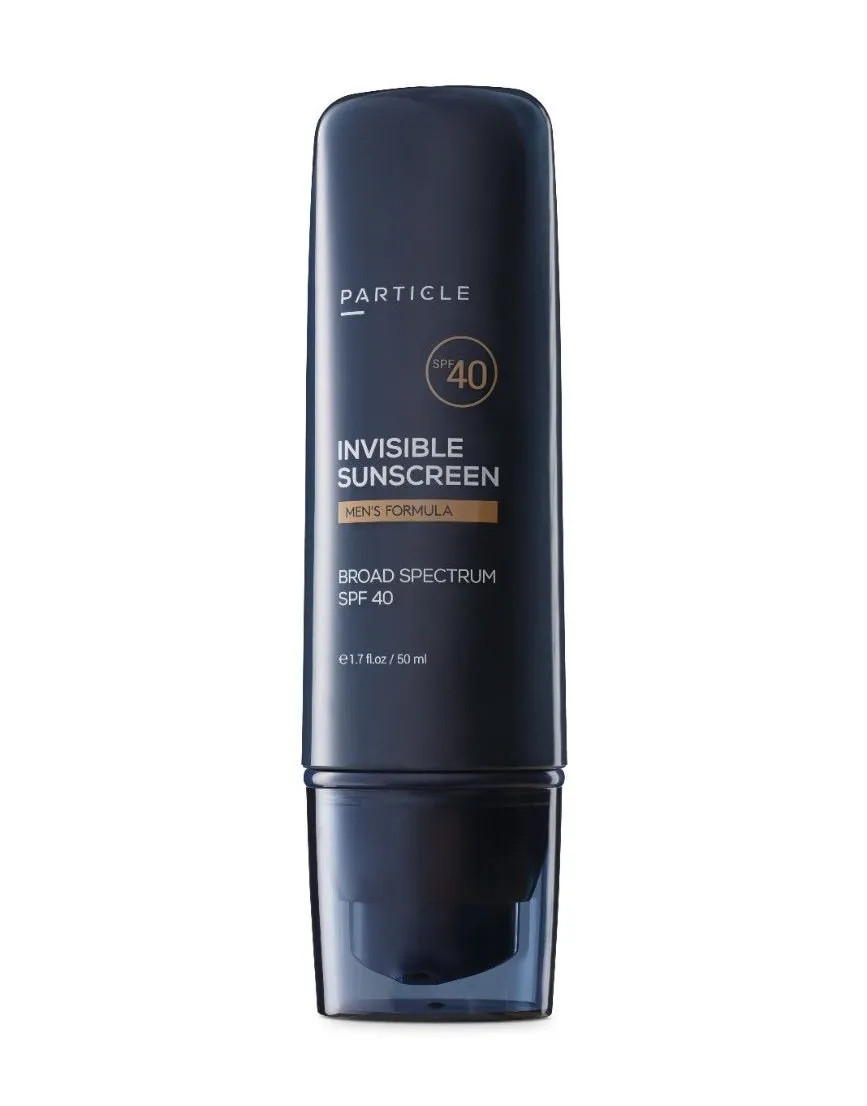
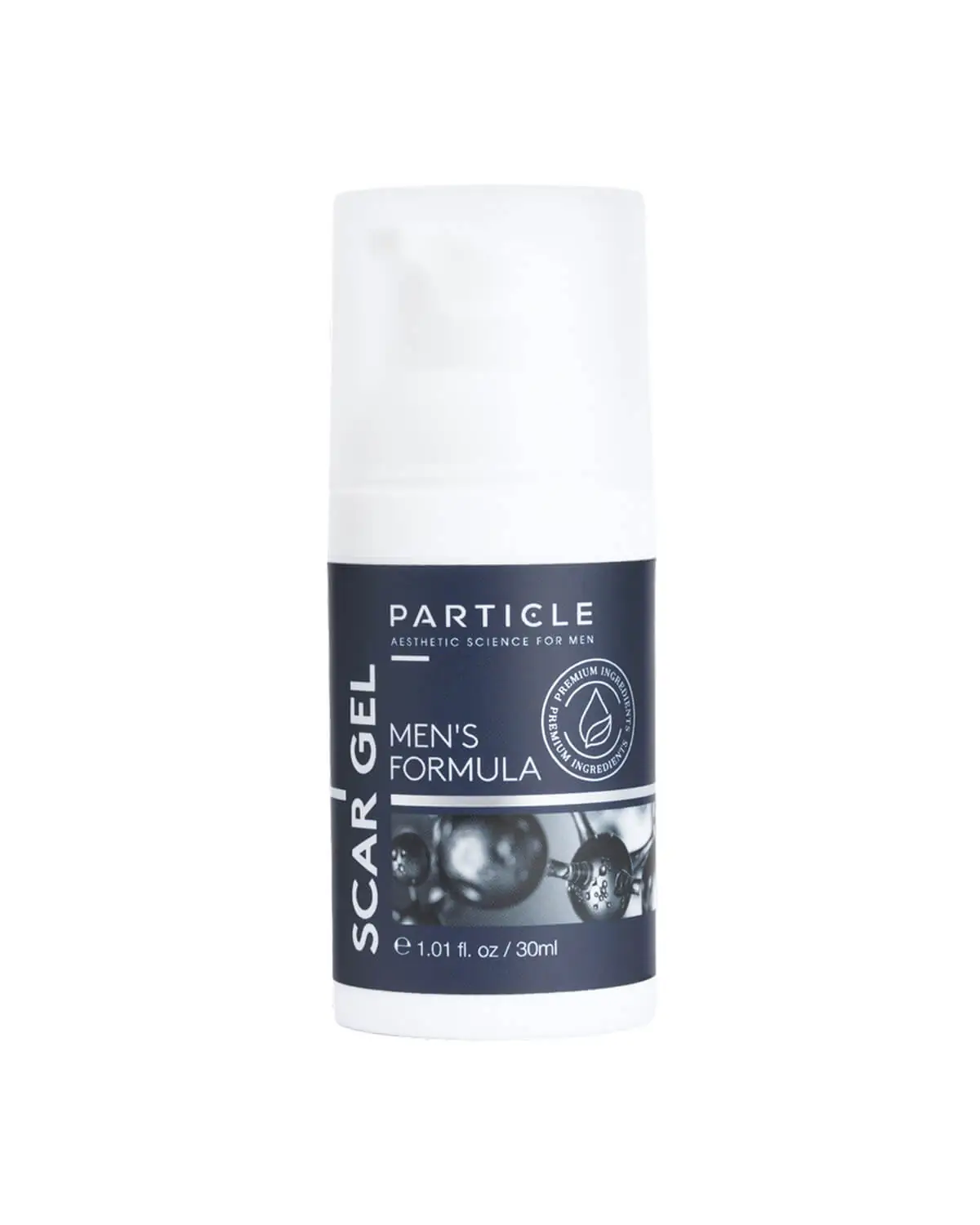
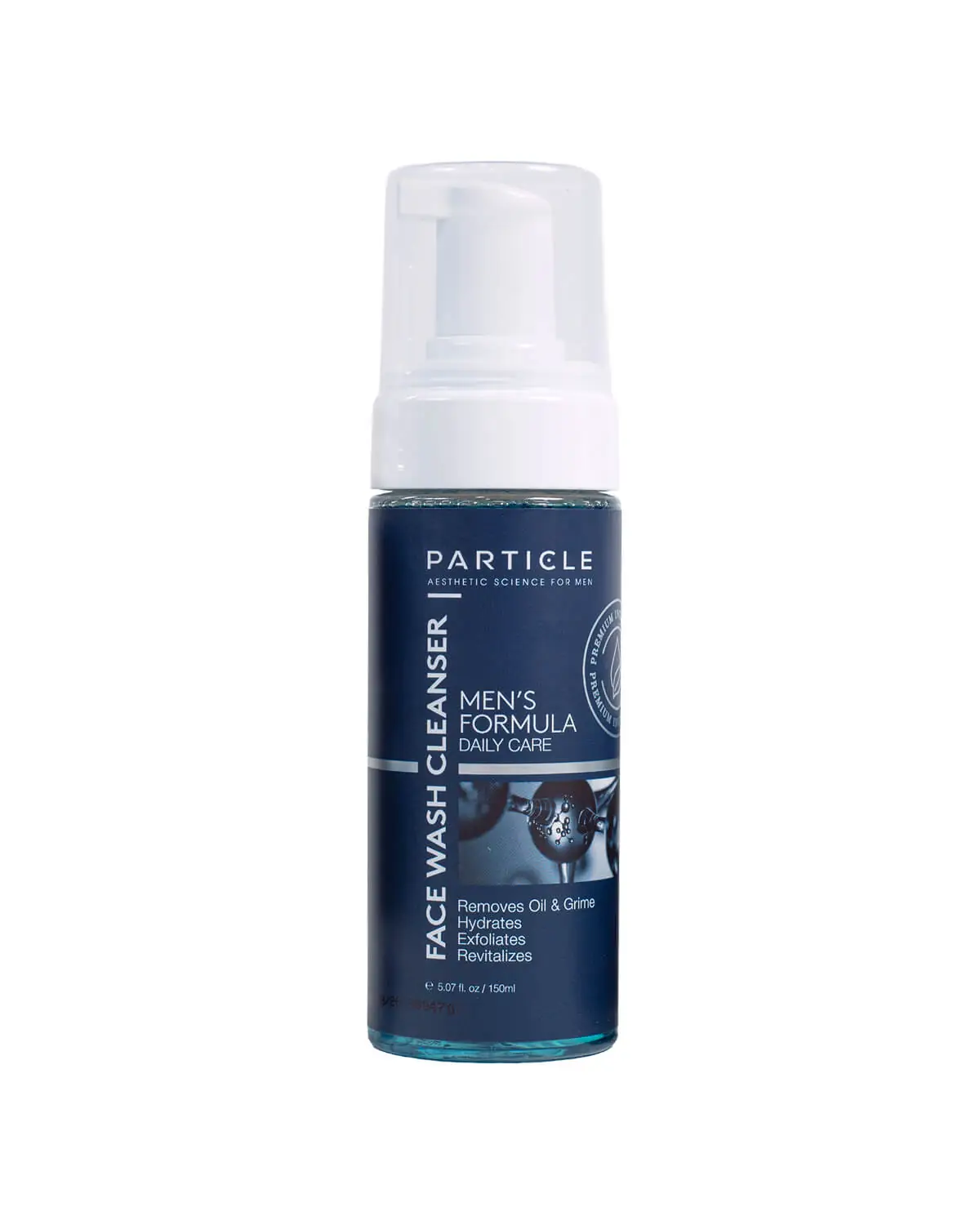
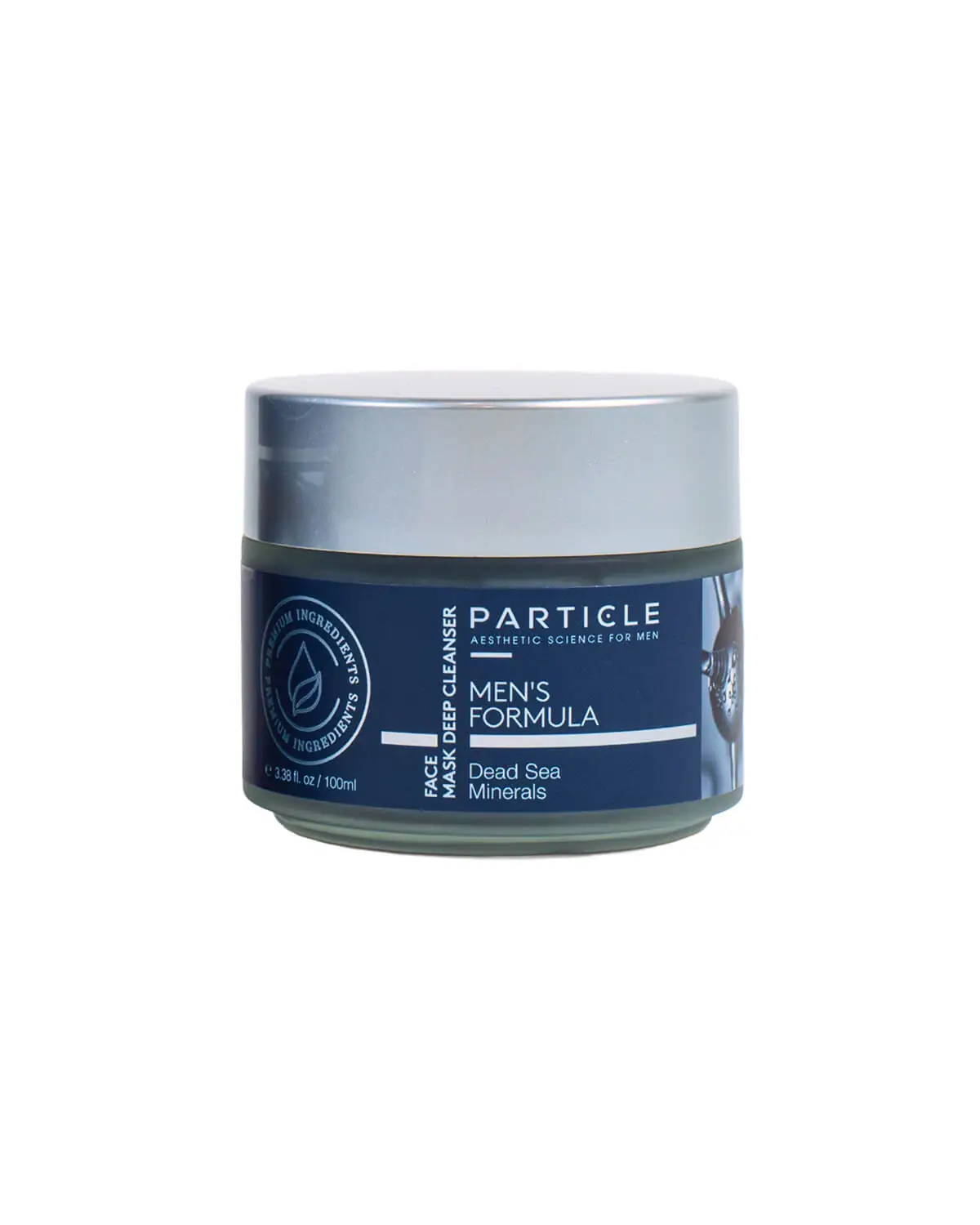
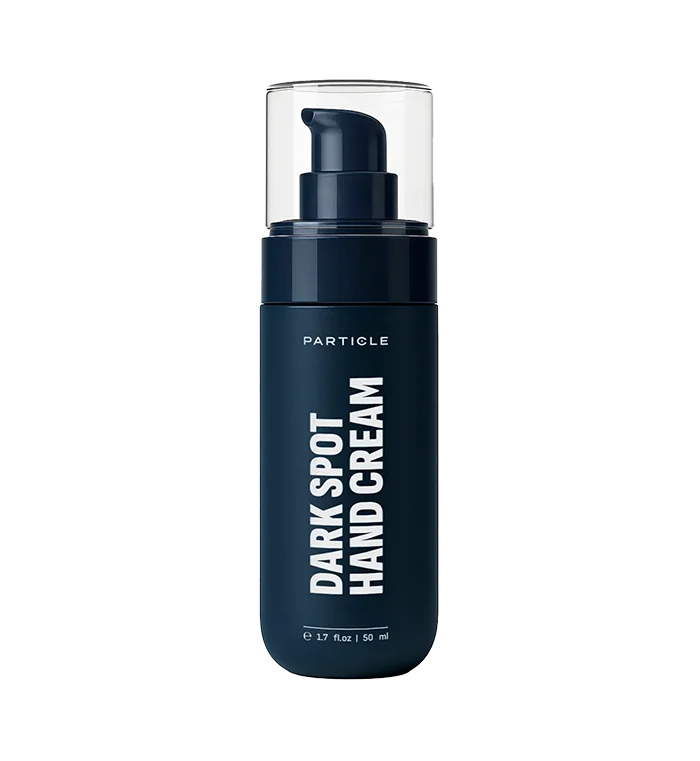
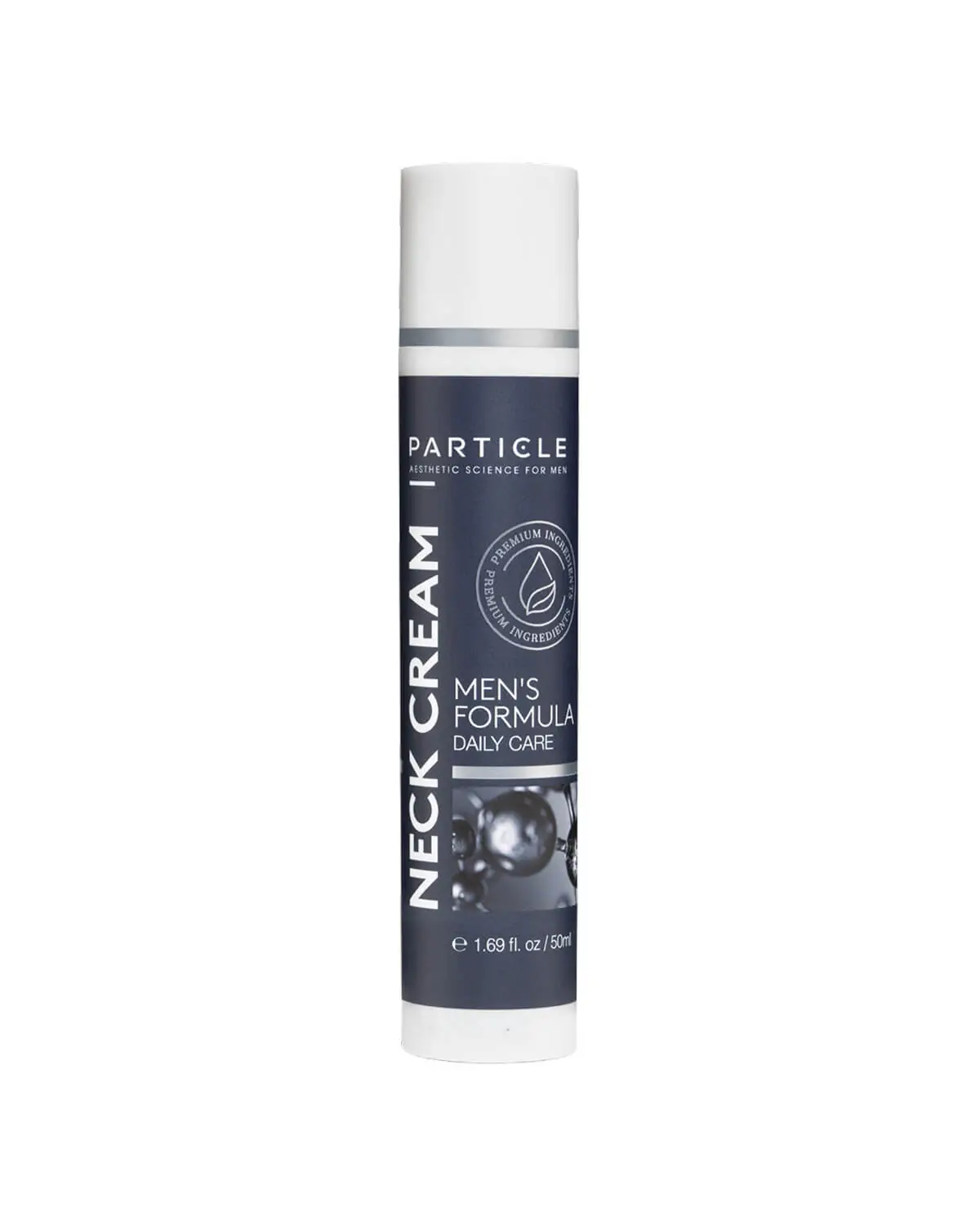
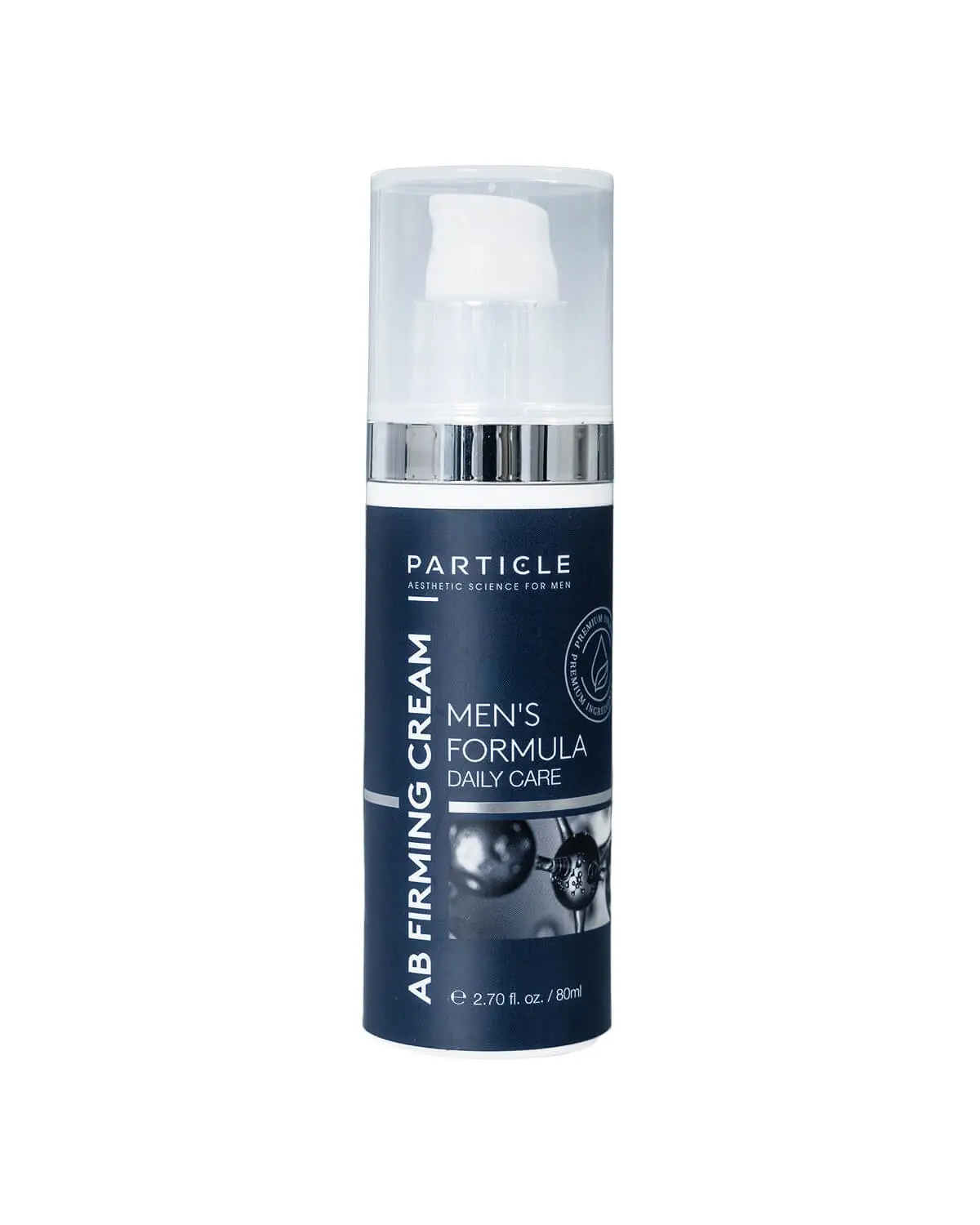
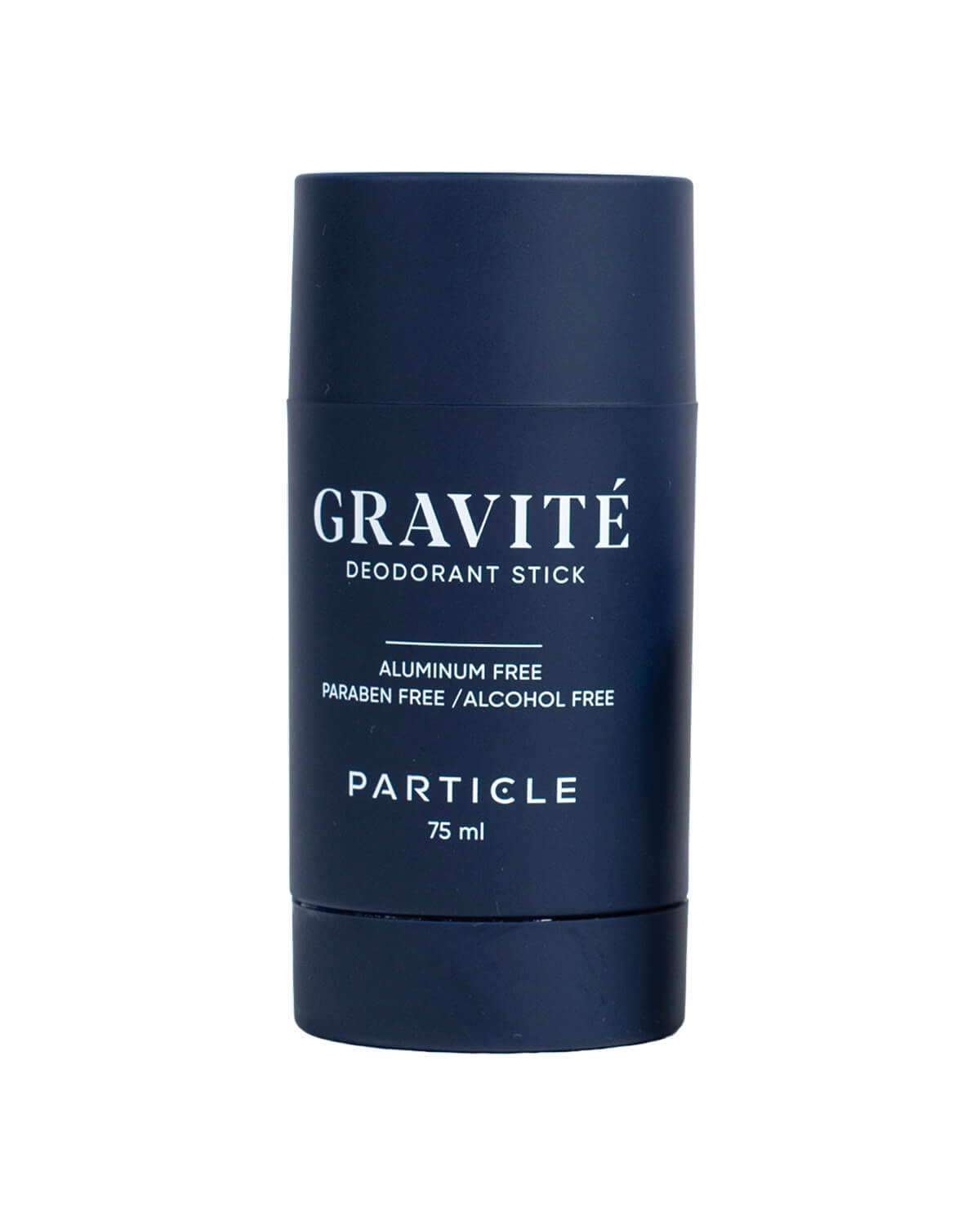
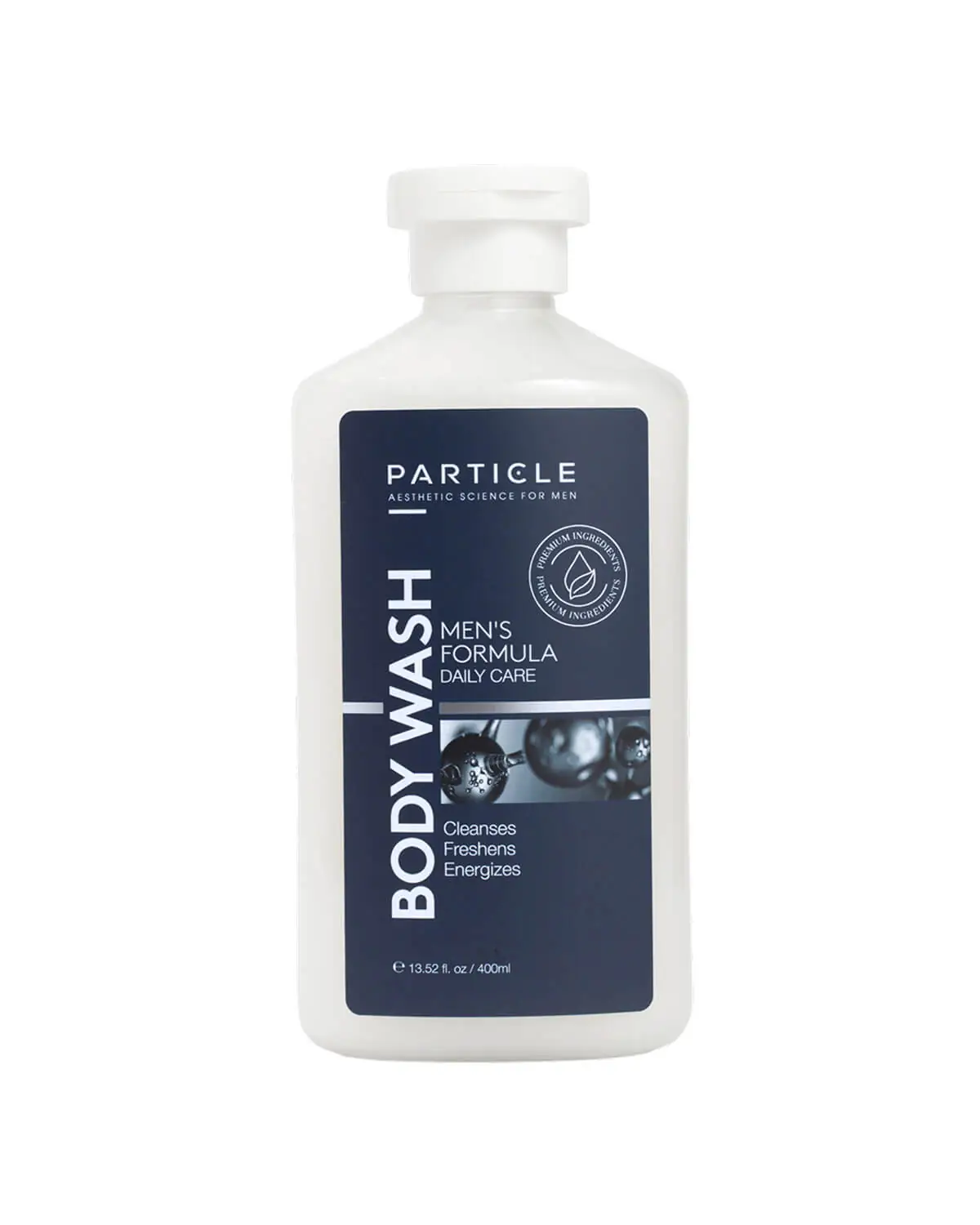


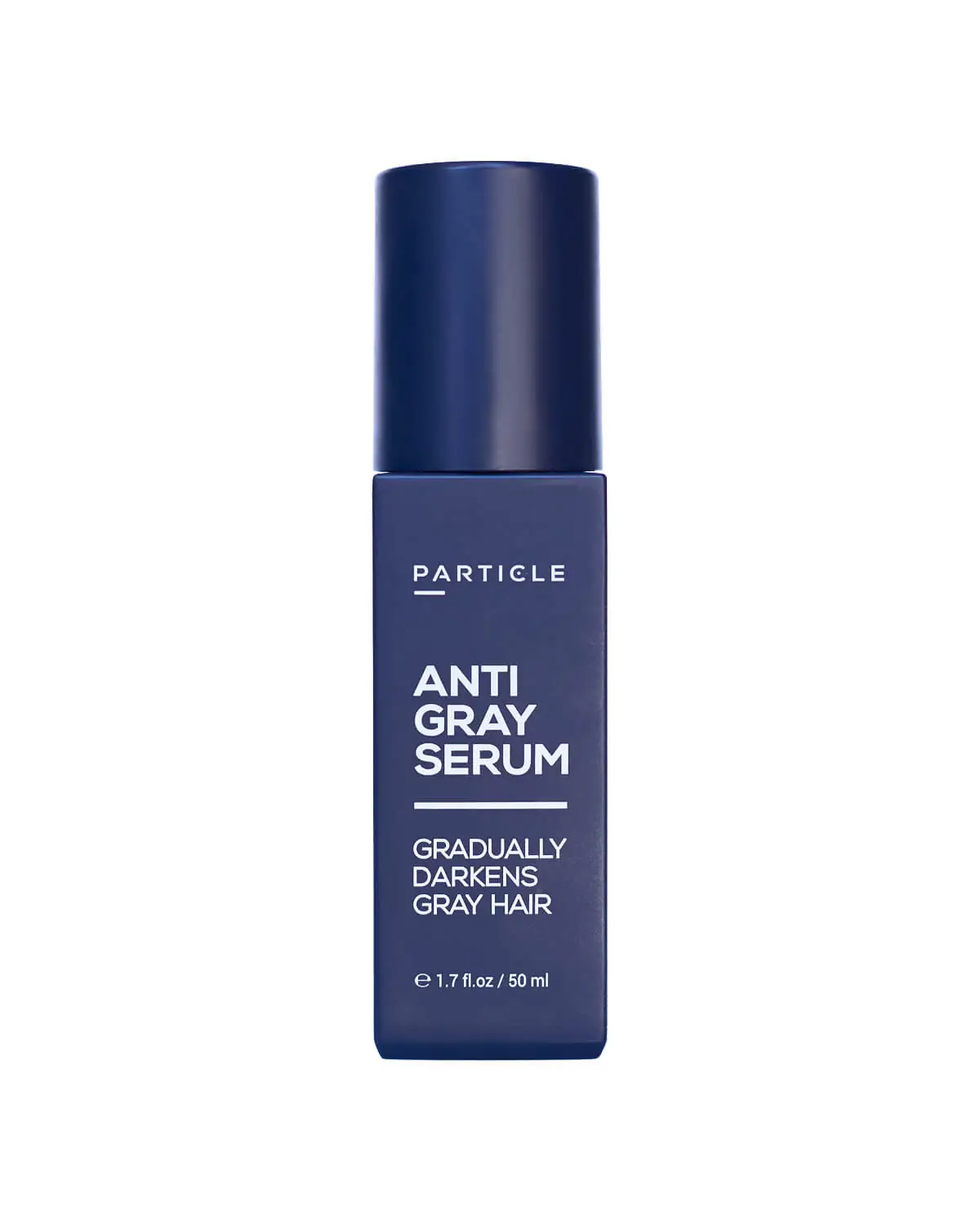
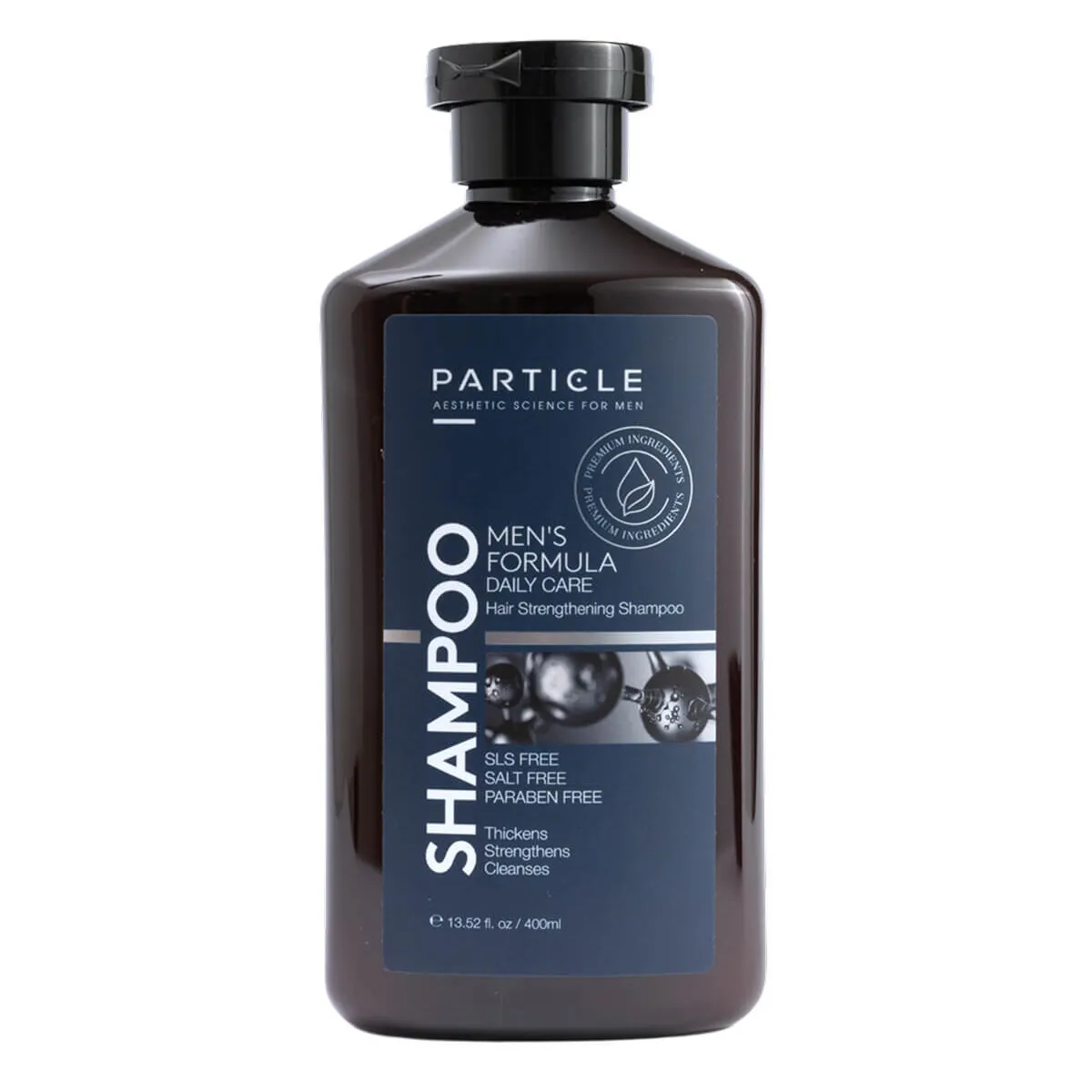
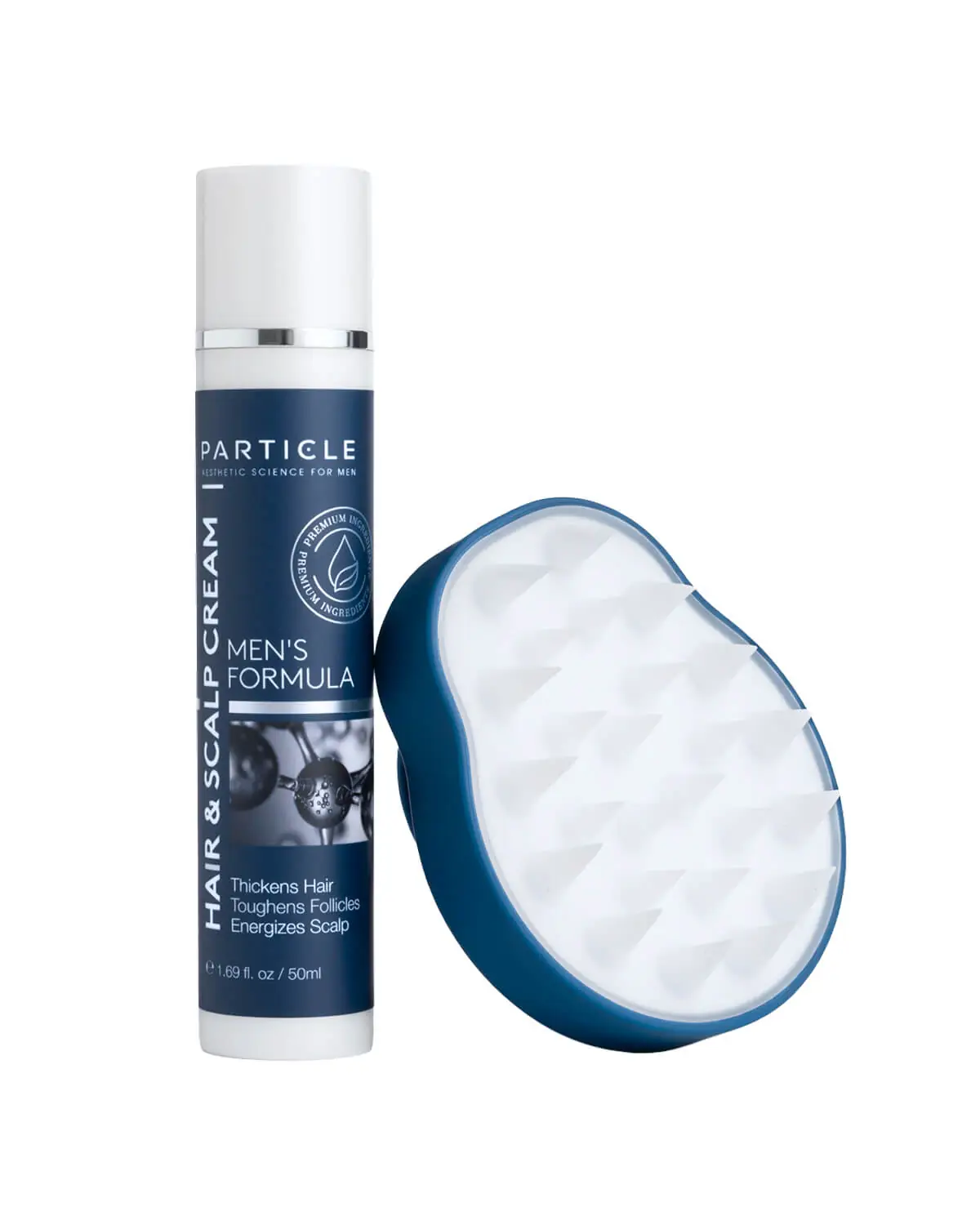
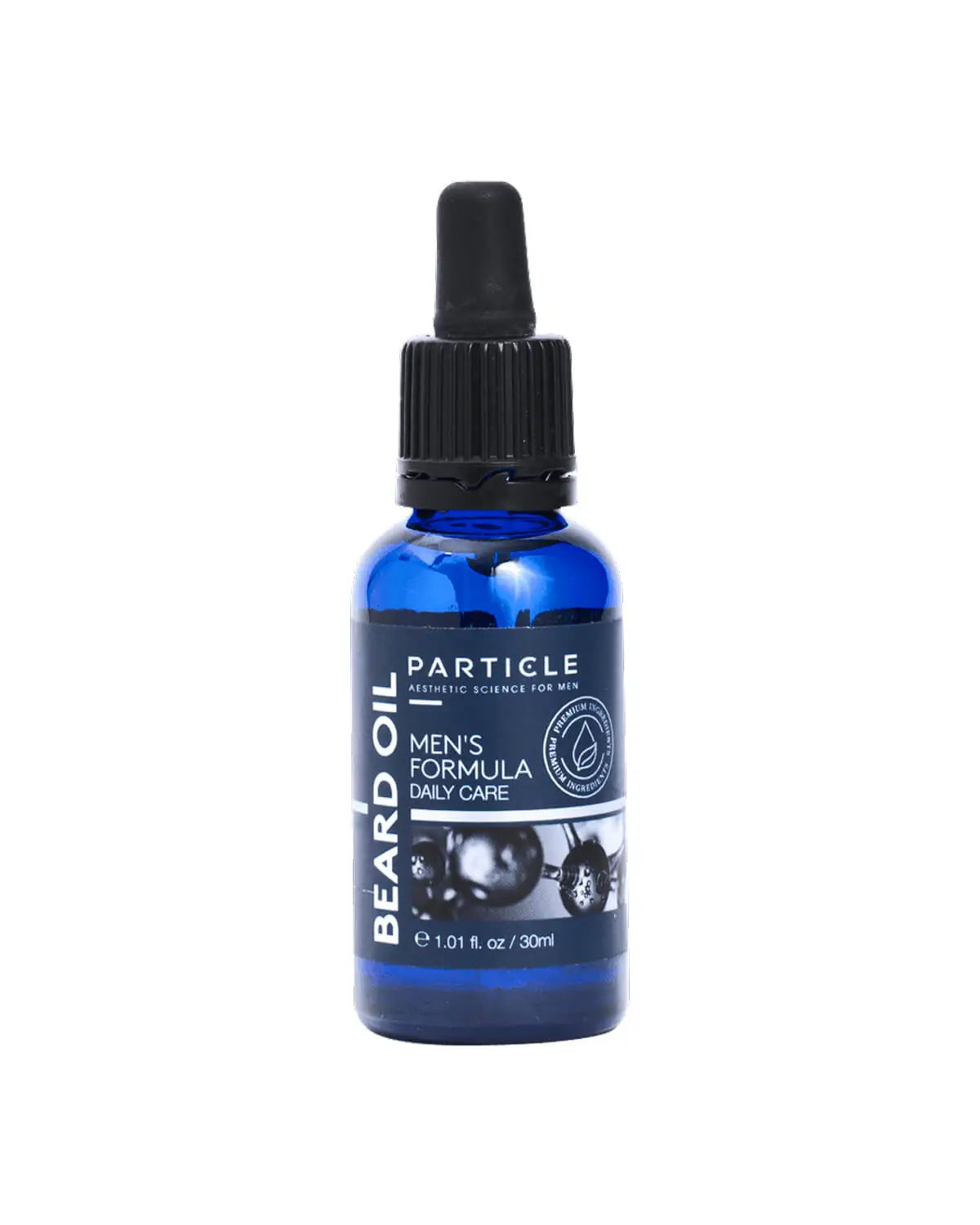
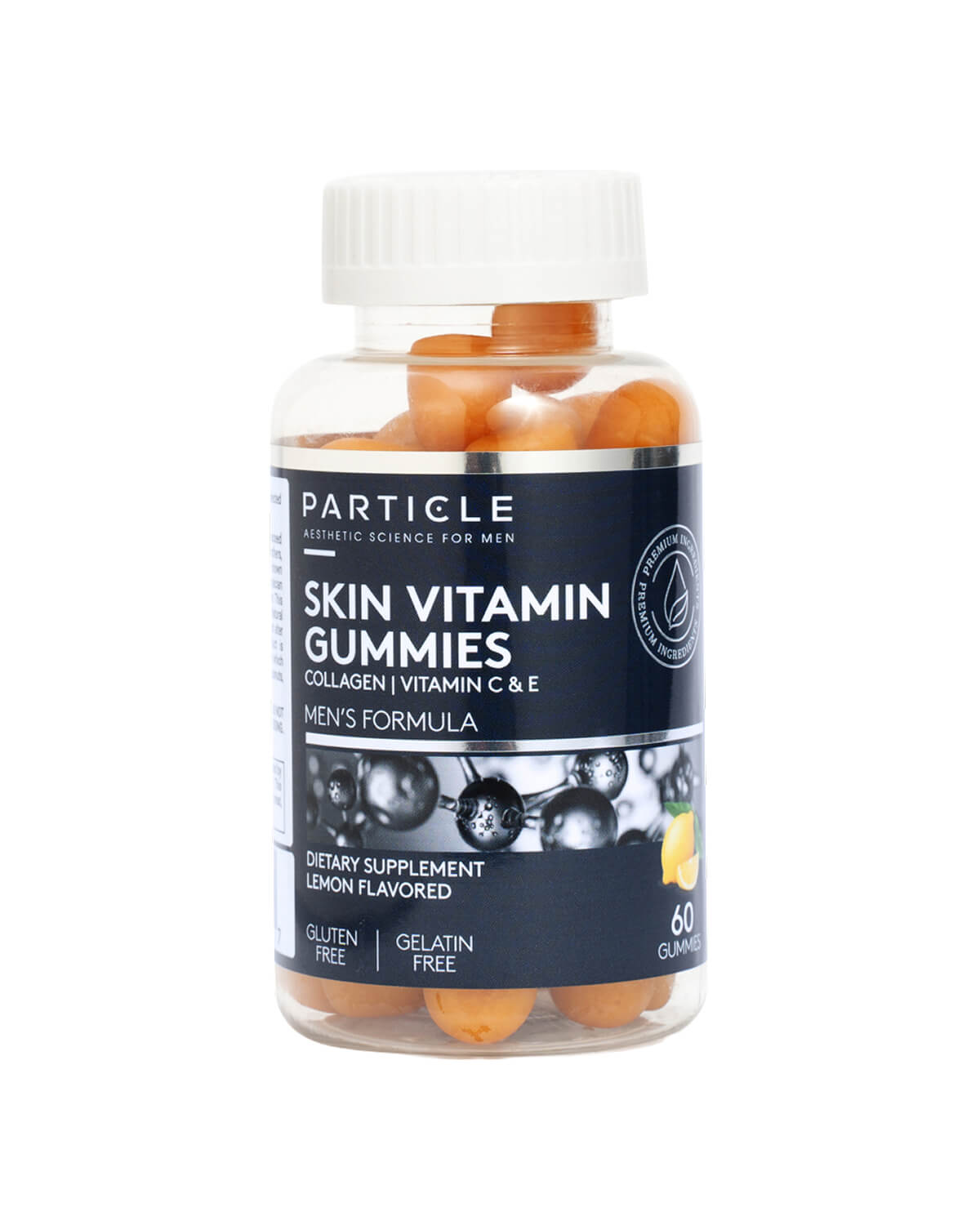
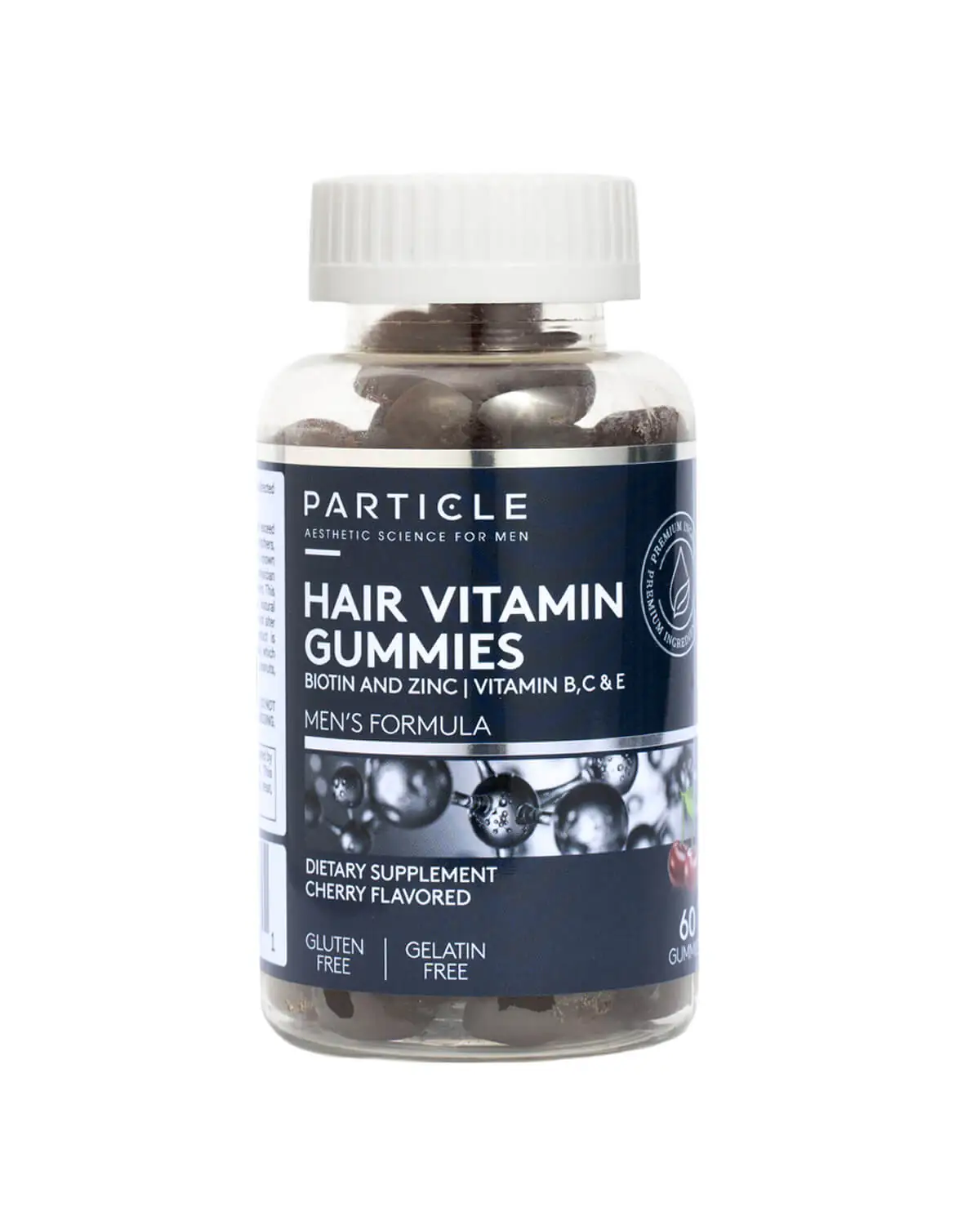
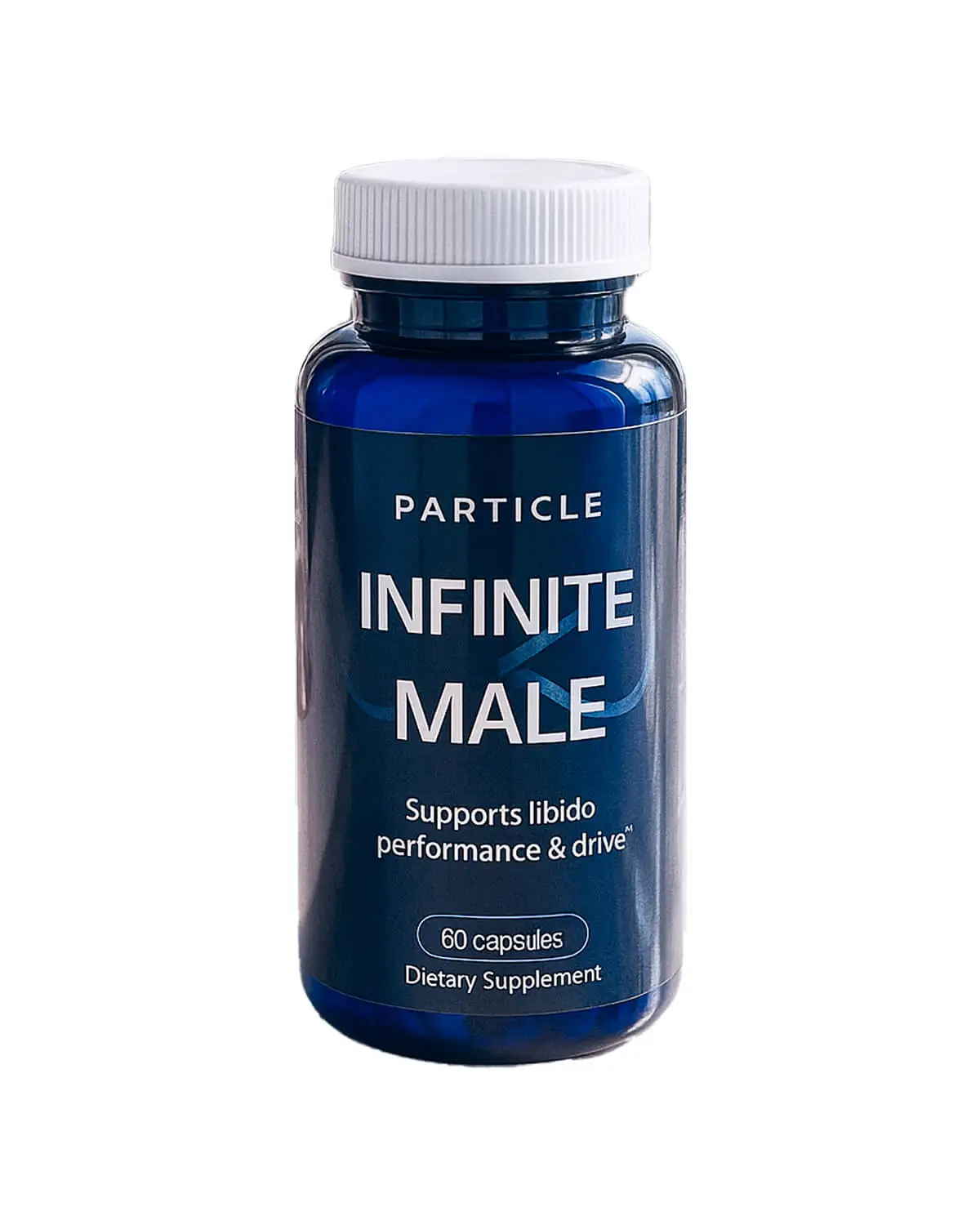

 en
en














